According to QS World University Rankings, renowned universities in Korea such as Seoul National University, Korea University, and Yonsei University are ranked 37th, 69th, and 85th respectively. This data proves global competitiveness of academic institutes in Korea.
Tuition fee is one of the most important considerations when choosing a college. The average tuition fee for U.S. private colleges is about 35,000 dollars and for U.S. public (out-of-state) colleges, it is about 21,000 dollars. On the other hand, the tuition fees for Seoul National University and Yonsei University cost about 5,500 dollars and 8,200 dollars, respectively.
This shows that the tuition fee is approximately 4 times higher for U.S. public (out-of-state) colleges and approximately 7 times higher for U.S. private colleges, compared to Seoul National University.
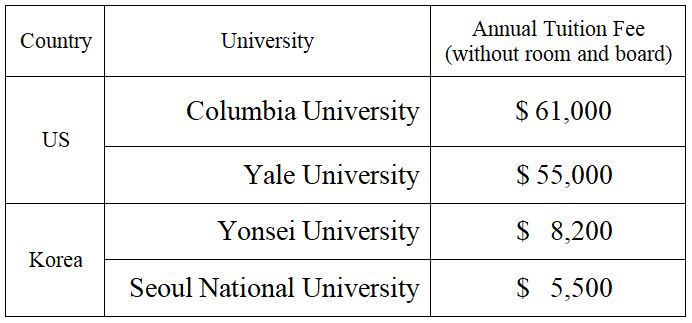
Despite such facts mentioned above, why do Korean students apply for U.S. universities?
To find out the answer for the question, I interviewed Bon Hee Koo, a college student studying Molecular Cell Biology at UC Berkeley, and Richard Son, a graduate from the University of Rochester with a Bachelor’s degree in Computer Science.
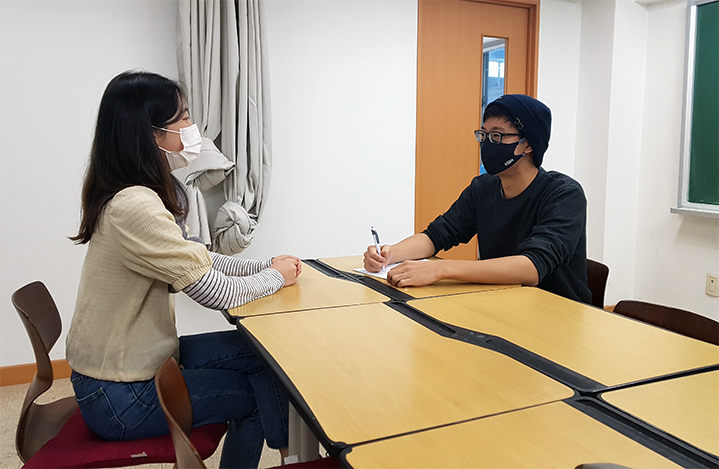
Would you recommend students to apply for colleges in the U.S.?
Ms. Koo mentioned that U.S. colleges have high reputation for each major, renowned professors, and research-related supports, which are excellent ways to build applicants’ career. She also added that more opportunities and goals in related fields can be achieved through attending U.S. colleges.
Mr. Son mentioned that there are more employment-related opportunities as a U.S. college graduate and students are able to learn from eminent professors and receive various experience. The U.S., also being a bigger market, allows schools to offer more grants and scholarships.
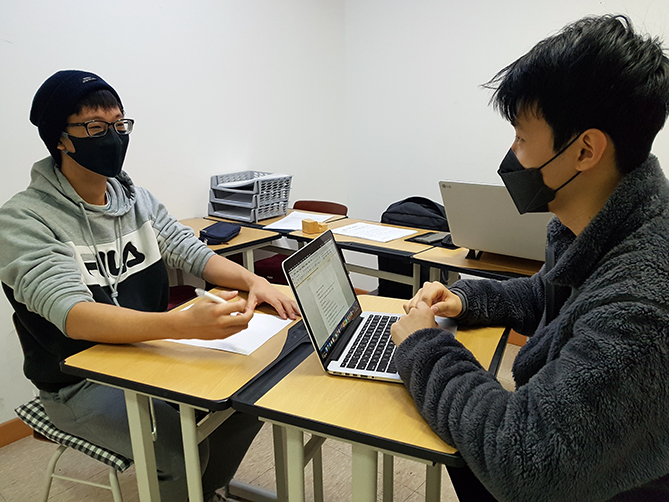
Regarding the opportunities that Mr. Son mentioned, we may listen to Dr. Jeff Bauer who is a president of Shawnee State University. He noted that “Even though the pandemic has brought greater attention to jobs and industries that are essential to our society, a college degree can provide job security, pathways to higher paying careers, and opportunities in the fields of nursing, business management, medical and health services, finance, teaching, mental health and substance abuse, social work, environmental science, marketing, and dental hygiene.”

While attending your institute, what were some pros and cons?
Ms. Koo was satisfied with the professors who helped students and led the conversation with attention. Also, she mentioned that her university’s research facilities are excellent, and there are many libraries that create an environment where students can study. Mr. Son was satisfied with the ‘cluster’ academic system which allowed students to take class from different academic divisions and widen their academic experiences. He also mentioned the pros of a private school and its state-of-the-art academic facilities.
On the other hand, Ms. Koo mentioned that there are many homeless people within her university and poor transportation facilities. She also added that it is difficult to maintain high GPAs because of strict credit management. Mr. Son mentioned homesickness and cultural differences as some difficulties.
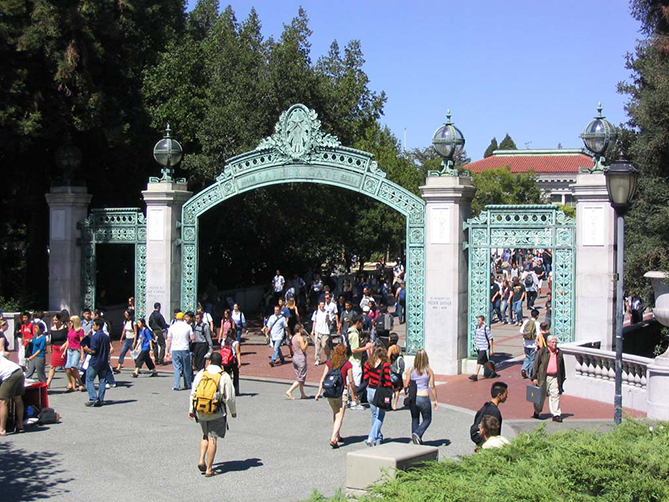
Would you give some advice for students applying for U.S. colleges?
Ms. Koo suggested students to challenge themselves and apply for ‘reach’ colleges because not only academic achievements but also essays about personal experiences take a great part in college admissions. Mr. Son commented that studying abroad means leaving individual comfort zones and how students deal with this result in how well they succeed.
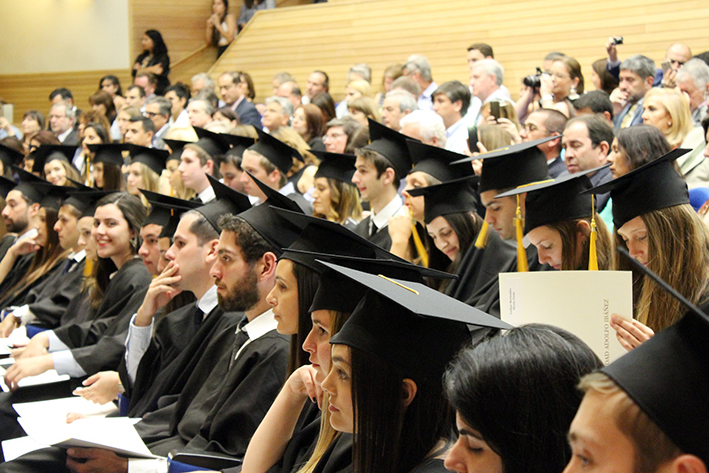
Through my research and the interview with Bon Hee Koo and Richard Son, I learned that graduating from U.S. colleges definitely gives promising opportunities for students. After conducting the interviews, I now have a better understanding of why Korean students apply for U.S. colleges despite competitiveness of domestic universities and its economical tuition fees in Korea. Due to advantages of U.S. colleges such as high reputation for each major, employment-related opportunities, and academic supports and facilities, I believe studying abroad in the U.S. colleges is worth the challenge.
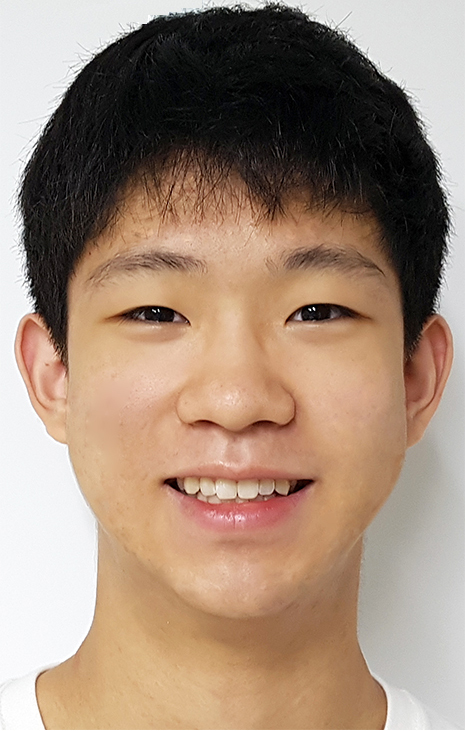
Chris Ghim
Grade 11
The Learning Community International School

